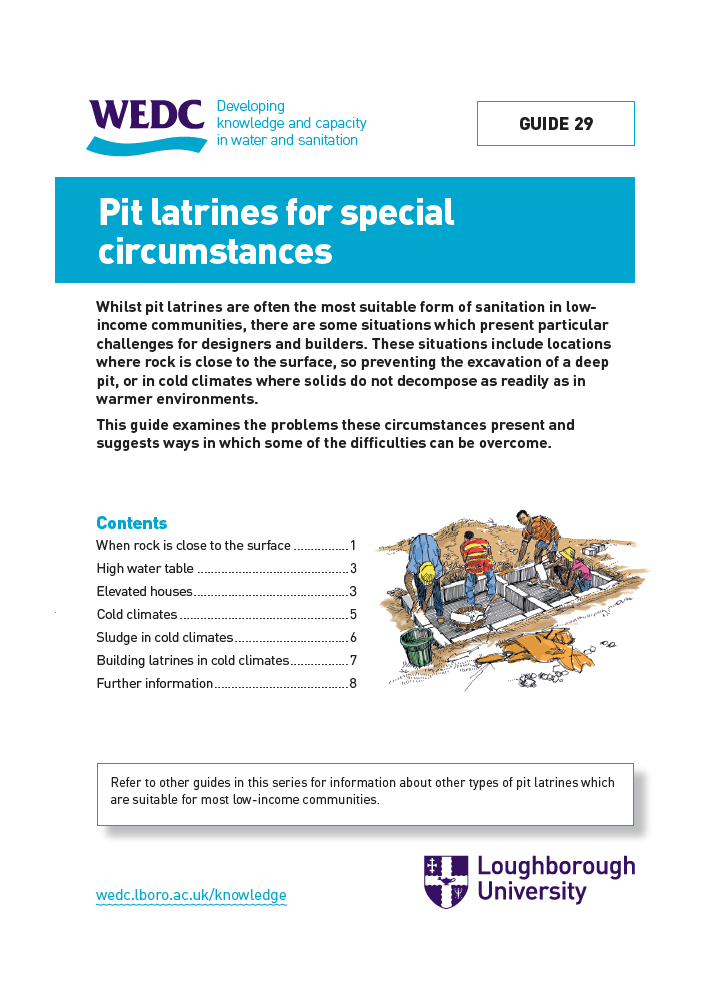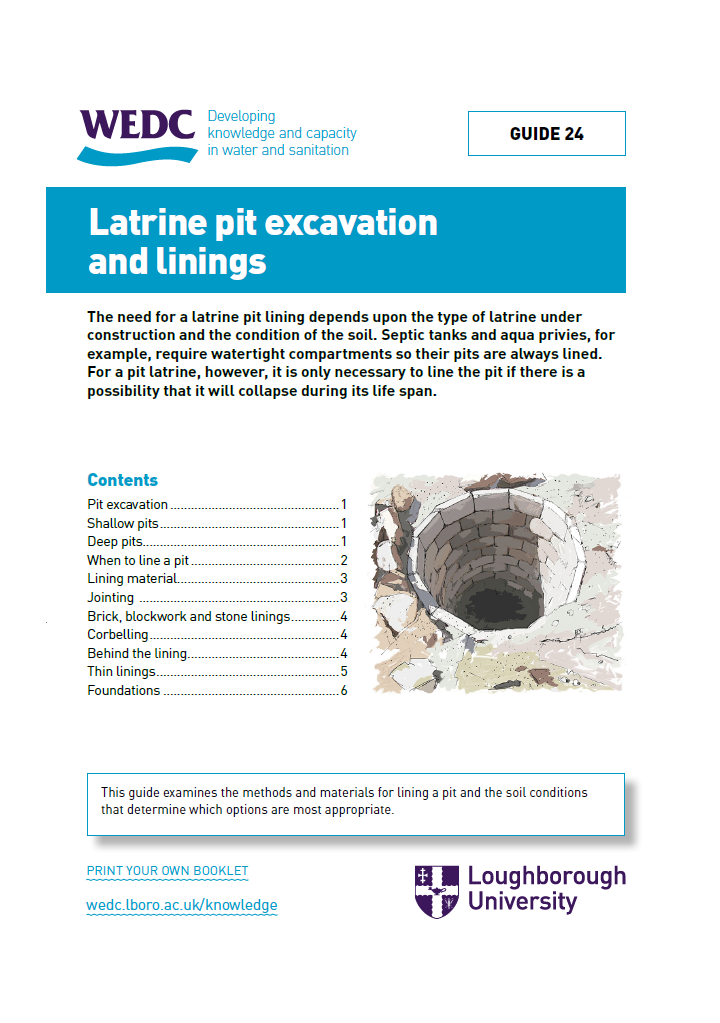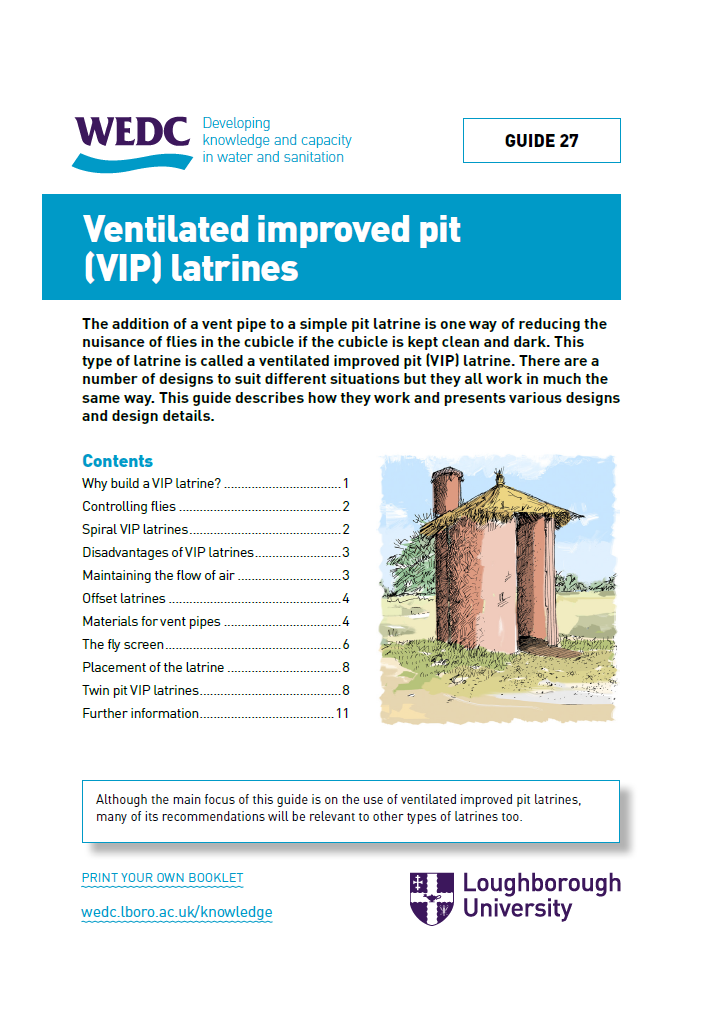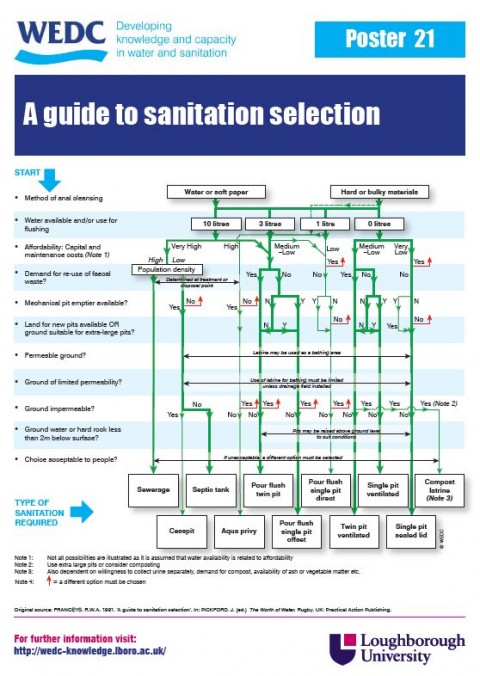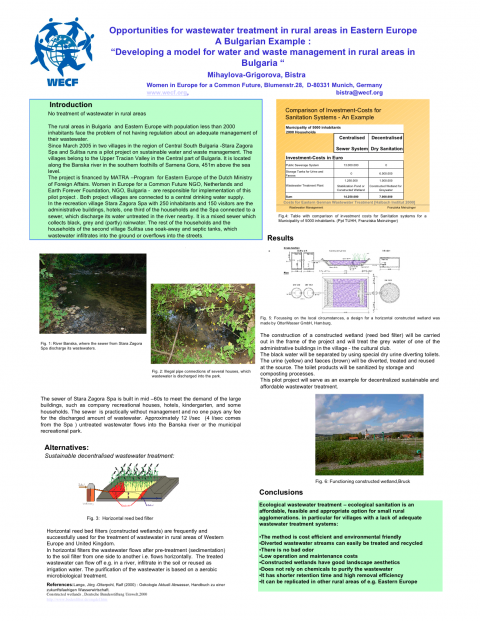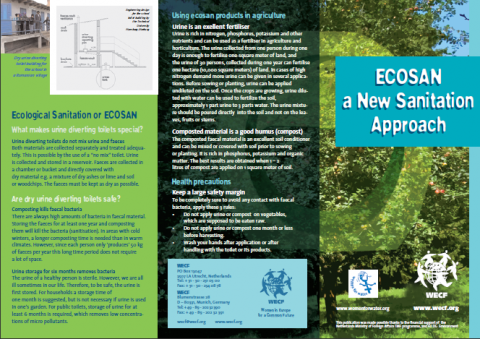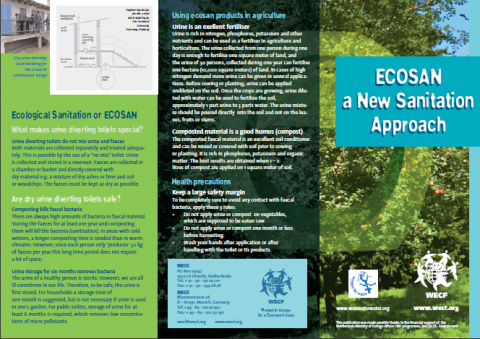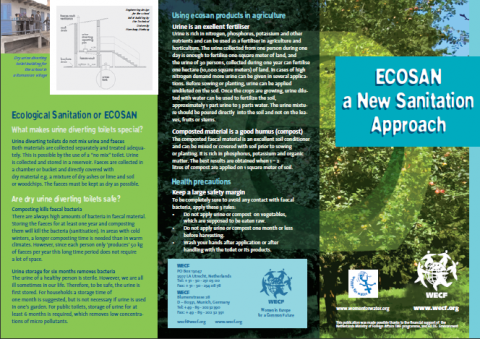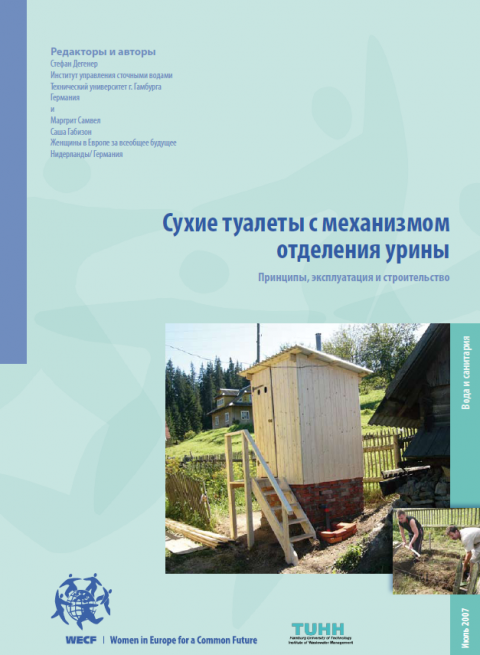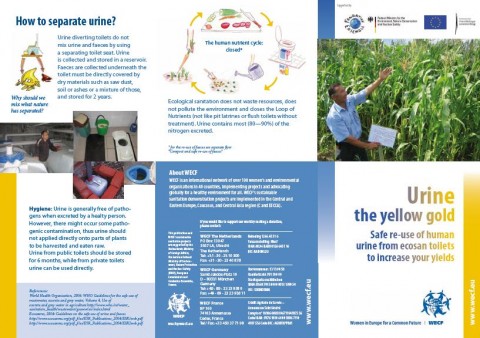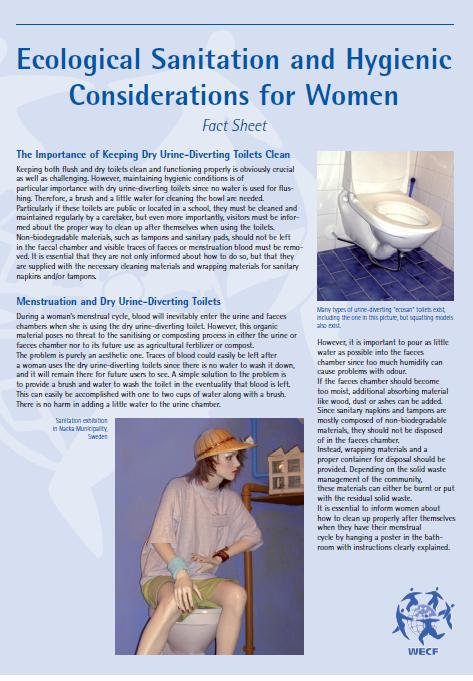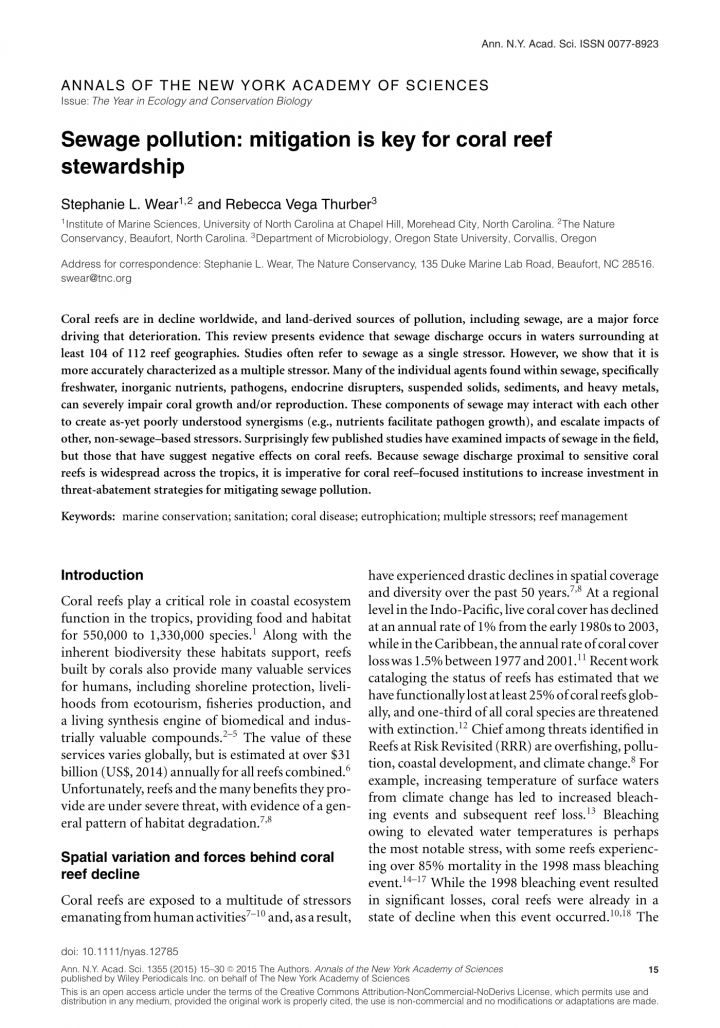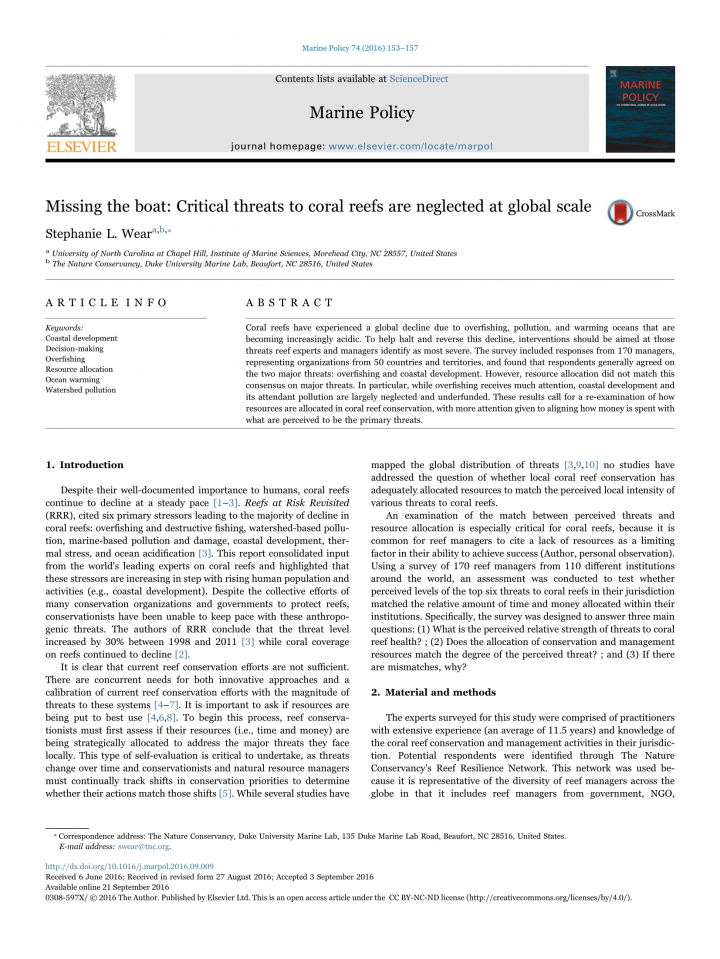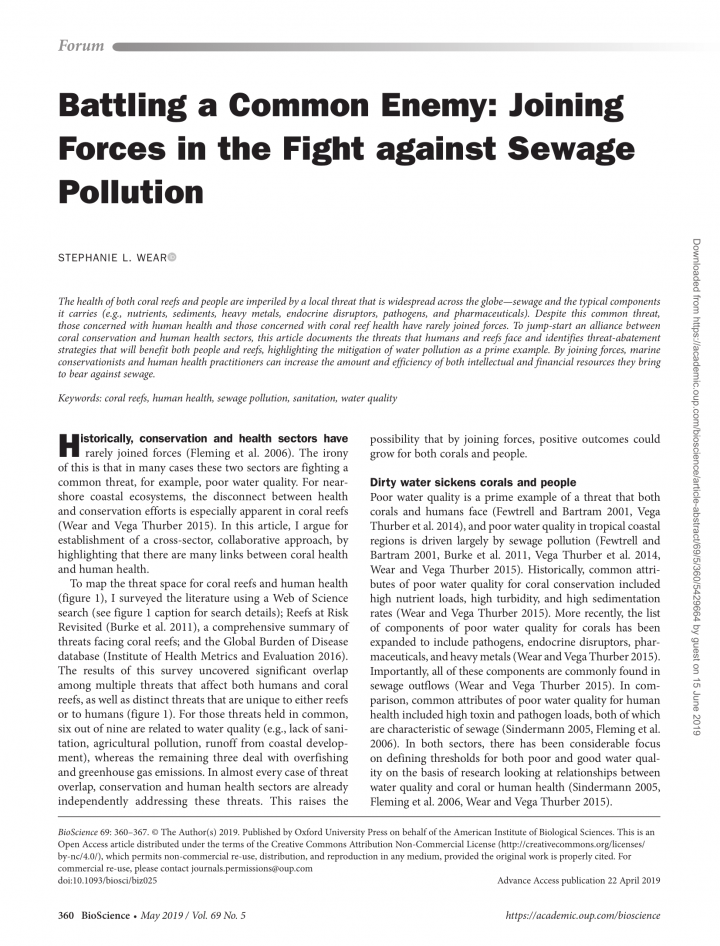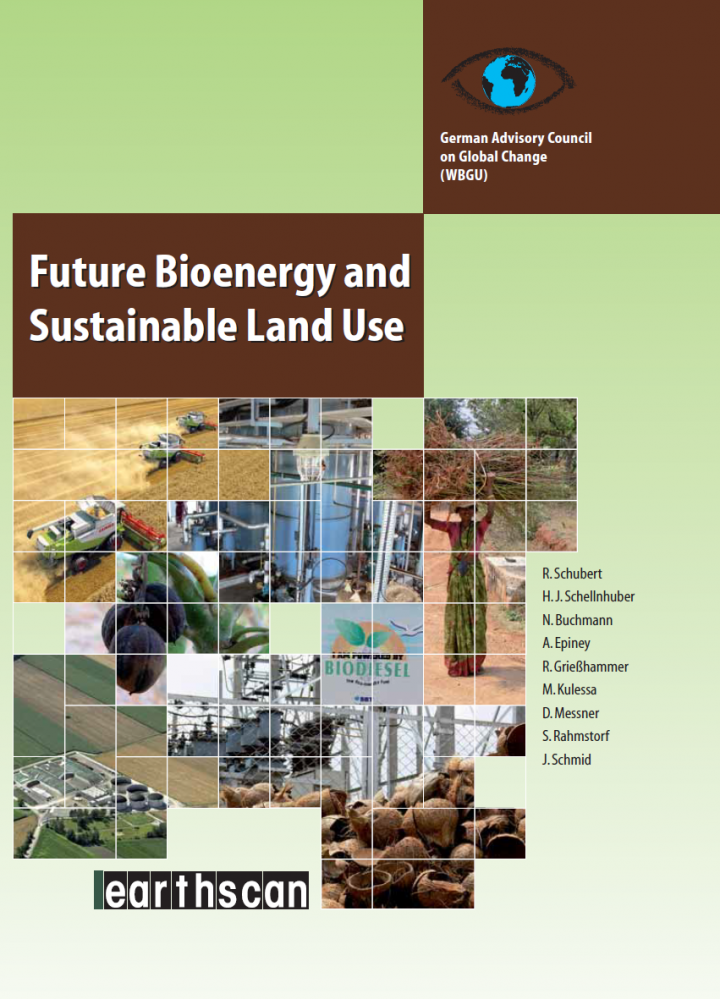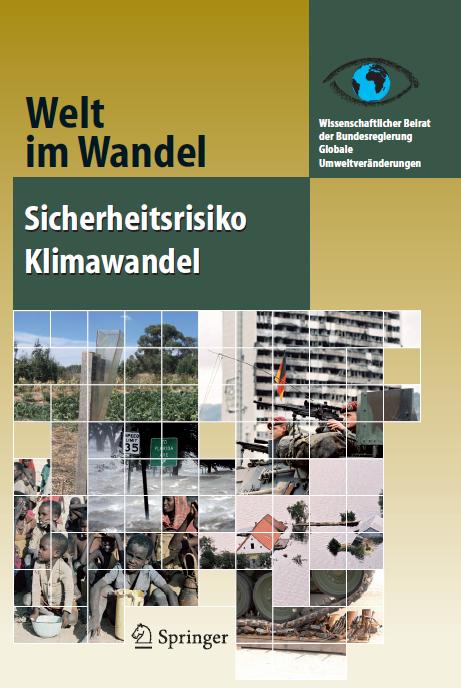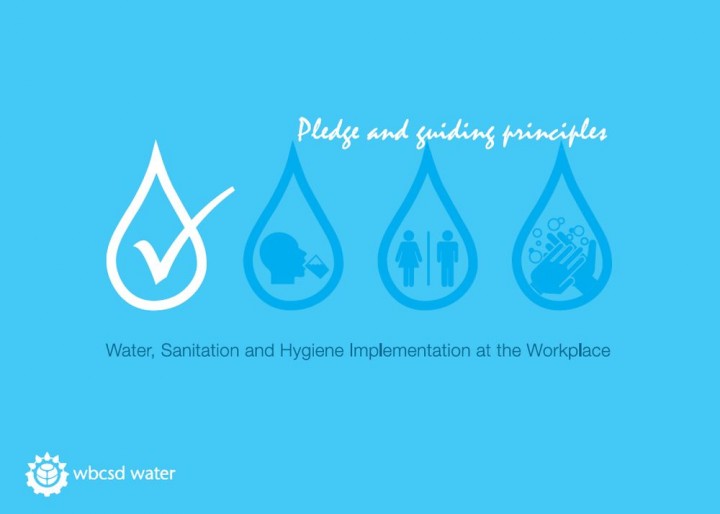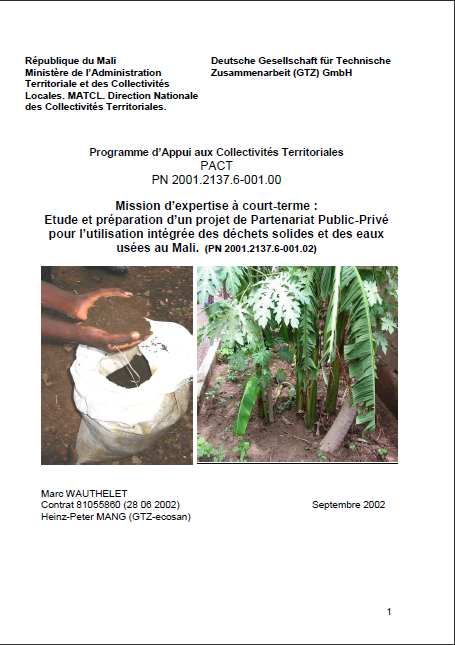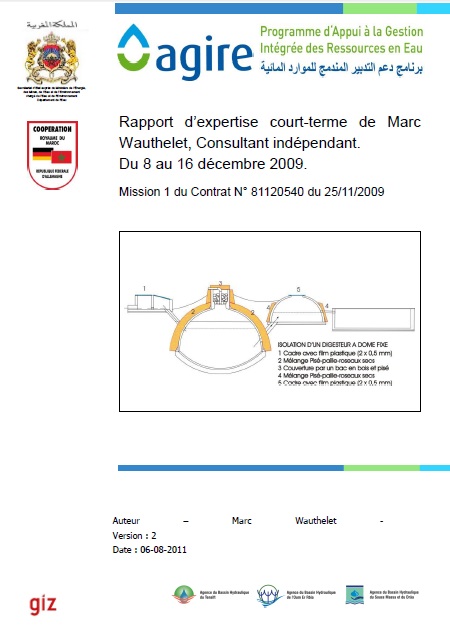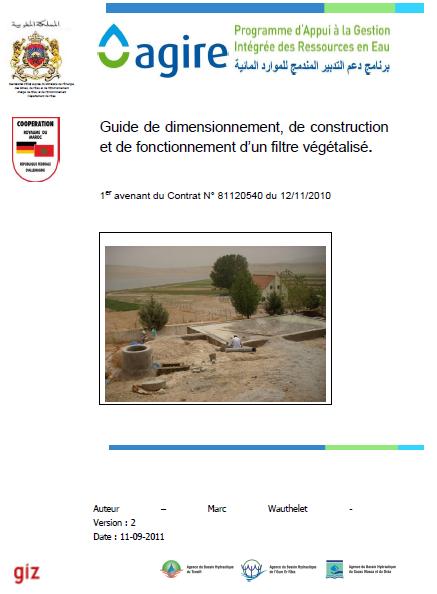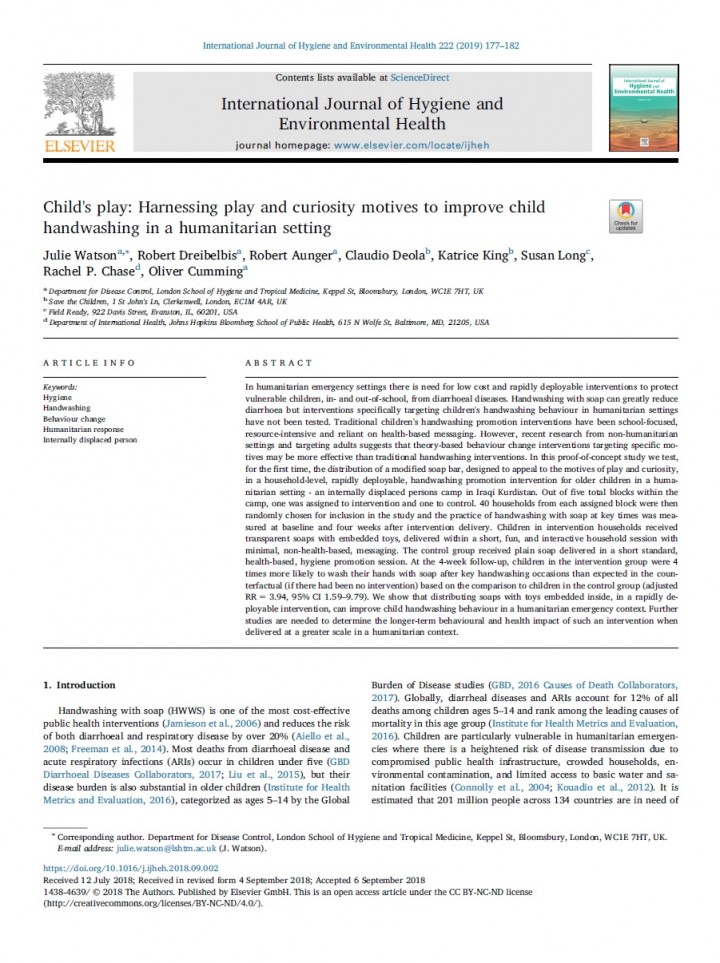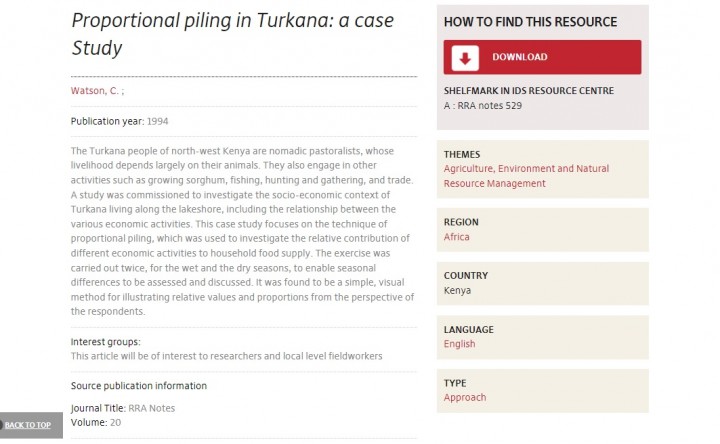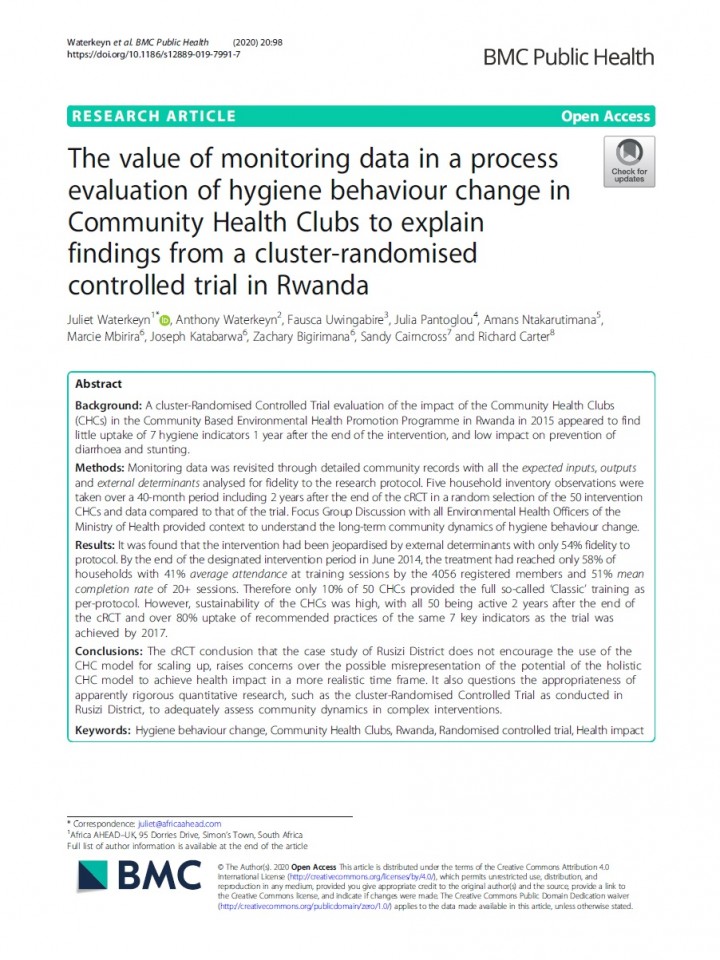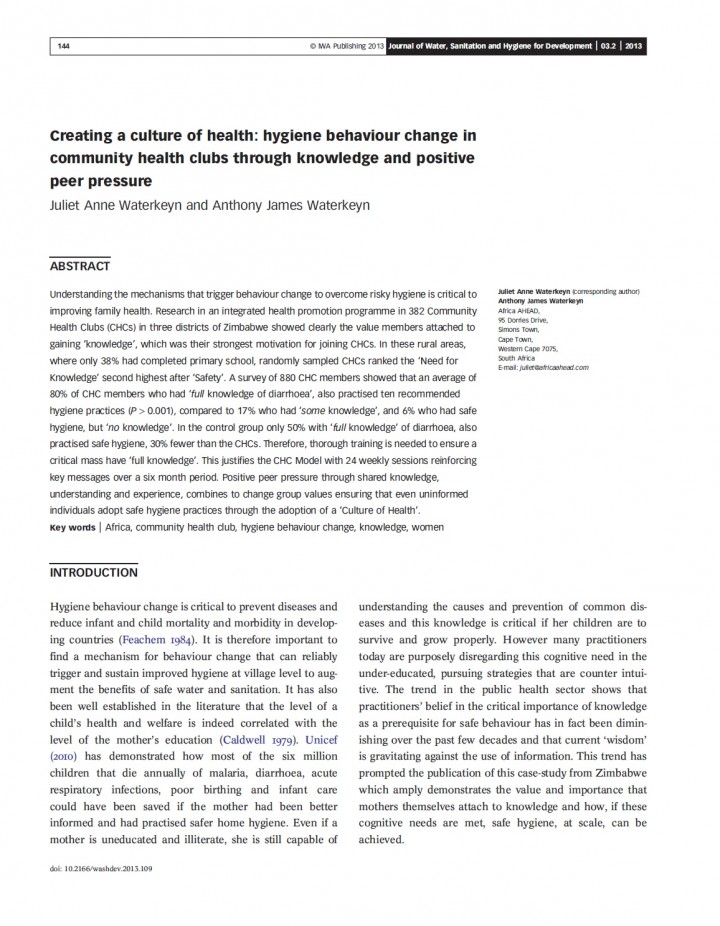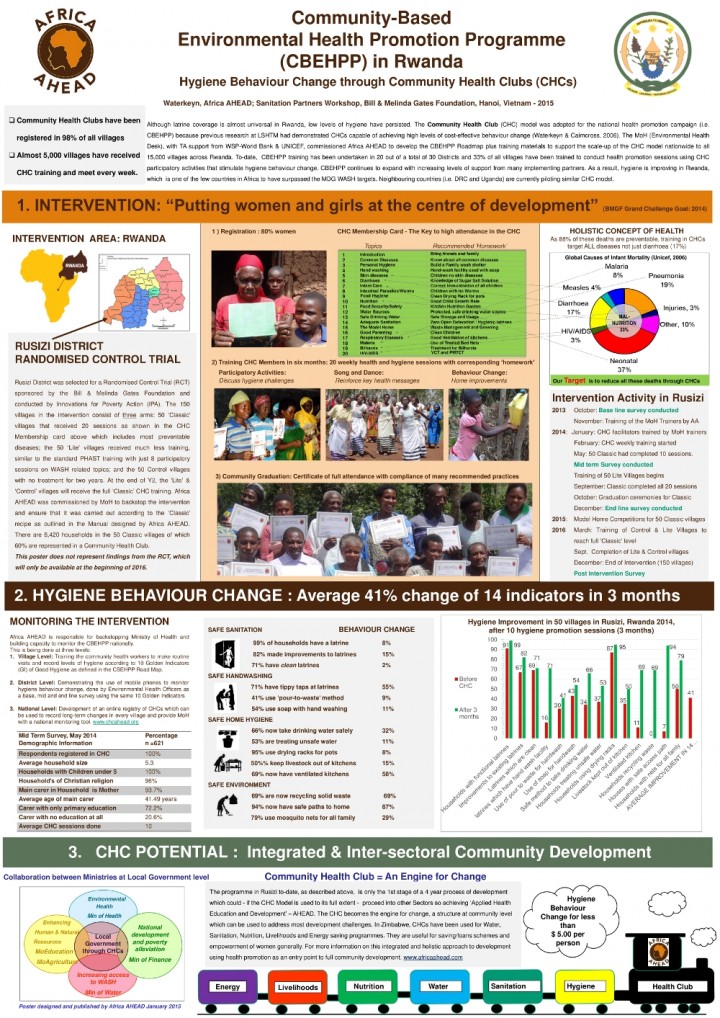Searching for information on Sanitation Workers?
The Sanitation Workers Knowledge + Learning Hub is the best source for all current news, trends, articles and updates on sanitation workers rights around the world.
Whilst pit latrines are often the most suitable form of sanitation in lowincome communities, there are some situations which present particular challenges for designers and builders. These situations include locations where rock is close to the surface, so preventing the excavation of a deep pit, or in cold climates where solids do not decompose as readily as in warmer environments. This guide …
The need for a latrine pit lining depends upon the type of latrine under construction and the condition of the soil. Septic tanks and aqua privies, for example, require watertight compartments so their pits are always lined. For a pit latrine, however, it is only necessary to line the pit if there is a possibility that it will collapse during its life span. This guide examines the methods and …
The addition of a vent pipe to a simple pit latrine is one way of reducing the nuisance of flies in the cubicle if the cubicle is kept clean and dark. This type of latrine is called a ventilated improved pit (VIP) latrine. VIP latrines effectively control odour and flies while still allowing users to clean themselves with hard materials such as newspaper and leaves which may not suitable for use …
Coral reefs are in decline worldwide, and land-derived sources of pollution, including sewage, are a major force driving that deterioration. This review presents evidence that sewage discharge occurs in waters surrounding at
least 104 of 112 reef geographies. Studies often refer to sewage as a single stressor. However, we show that it is
more accurately characterized as a multiple stressor.Many …
Coral reefs have experienced a global decline due to overfishing, pollution, and warming oceans that are becoming increasingly acidic. To help halt and reverse this decline, interventions should be aimed at those threats reef experts and managers identify as most severe. The survey included responses from 170 managers, representing organizations from 50 countries and territories, and found that …
The health of both coral reefs and people are imperiled by a local threat that is widespread across the globe—sewage and the typical components it carries (e.g., nutrients, sediments, heavy metals, endocrine disruptors, pathogens, and pharmaceuticals). Despite this common threat, those concerned with human health and those concerned with coral reef health have rarely joined forces. To …
This publication includes a set of guiding principles that will support companies in their efforts to implement water, sanitation and hygiene (WASH) at the workplace. Companies are invited to commit to these principles by signing the WBCSD Pledge for Access to Safe Water, Sanitation and Hygiene at the Workplace. This Pledge aims to secure appropriate access to safe WASH for all employees in all …
Abstract
In humanitarian emergency settings there is need for low cost and rapidly deployable interventions to protect vulnerable children, in- and out-of-school, from diarrhoeal diseases. Handwashing with soap can greatly reduce diarrhoea but interventions specifically targeting children's handwashing behaviour in humanitarian settings have not been tested. Traditional children's handwashing …
The Turkana people of north-west Kenya are nomadic pastoralists, whose livelihood depends largely on their animals. They also engage in other activities such as growing sorghum, fishing, hunting and gathering, and trade. A study was commissioned to investigate the socio-economic context of Turkana living along the lakeshore, including the relationship between the various economic activities. This …
Background:
A cluster-Randomised Controlled Trial evaluation of the impact of the Community Health Clubs (CHCs) in the Community Based Environmental Health Promotion Programme in Rwanda in 2015 appeared to find little uptake of 7 hygiene indicators 1 year after the end of the intervention, and low impact on prevention of diarrhoea and stunting.
Methods:
Monitoring data was revisited through …
Understanding the mechanisms that trigger behaviour change to overcome risky hygiene is critical to improving family health. Research in an integrated health promotion programme in 382 Community Health Clubs (CHCs) in three districts of Zimbabwe showed clearly the value members attached to gaining ‘knowledge’, which was their strongest motivation for joining CHCs. In these rural areas, where …

